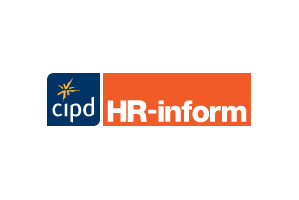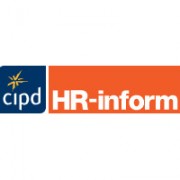Blurred lines – autonomy or control in social media?
Managing electronic communications: a new challenge for human resource managers, Bernadine Van Gramberg , Julian Teicher and Anne O’Rourke, International Journal of Human Resource Management, Vol 25 No 16, September 2014.
Our increasing use of and access to information and communication technology – in particular social media – has thrown up new challenges for people management. This article reviews a series of Australian legal cases on disciplinary measures taken against employees for misuse of ICT and draws out implications for the HR profession.
For example, the authors cite a case in which an airline was found to have unlawfully dismissed an employee for distributing a union bulletin about a joint working group through the company’s email. While company policy did prohibit using notice boards for such communications, ICT policies made no such mention.
It also cites a case where dismissal was judged too harsh for an employee who made derogatory comments about a manager on Facebook. The judge viewed the content as ‘letting off steam and trying to outdo one another in being outrageous’, having ‘the flavour of a conversation in a pub or café’. It was also judged that it would be unclear to people not familiar with the company who was being discussed.
On the other hand, in another case, an employee was found to have been fairly sacked for posting offensive comments about his employer on Facebook, even though this was done out of work hours, on a personally-owned computer at home. A critical factor in this case was that, as well as the criticism being clearly about the employer, the person had at least 11 colleagues who were Facebook ‘friends’ and could see the comments. It was thus considered as if the comments had been made at the workplace.
Through comparison of these and other cases, the authors argue that the HR function has a central role to play in setting and clarifying policies and responding to infringements when it comes to employee uses of ICT.
They also argue that in doing this, HR needs to balance the two aspects of its fundamental role, namely ‘employee champion’ and ‘strategic partner’. In other words, on the one hand, HR needs to support and protect the business from employee misuse of ICT; but on the other hand, it needs to do so in a way that is seen to be fair and does not jeopardise employee performance.
They conclude by writing: ‘blurring of the boundaries between home and work and public and private has created unprecedented scope for organisations to regulate the lives of their employees’. The challenge this brings is not only legal in nature, but also a question of how employers ‘strike an appropriate balance between autonomy and control’.










